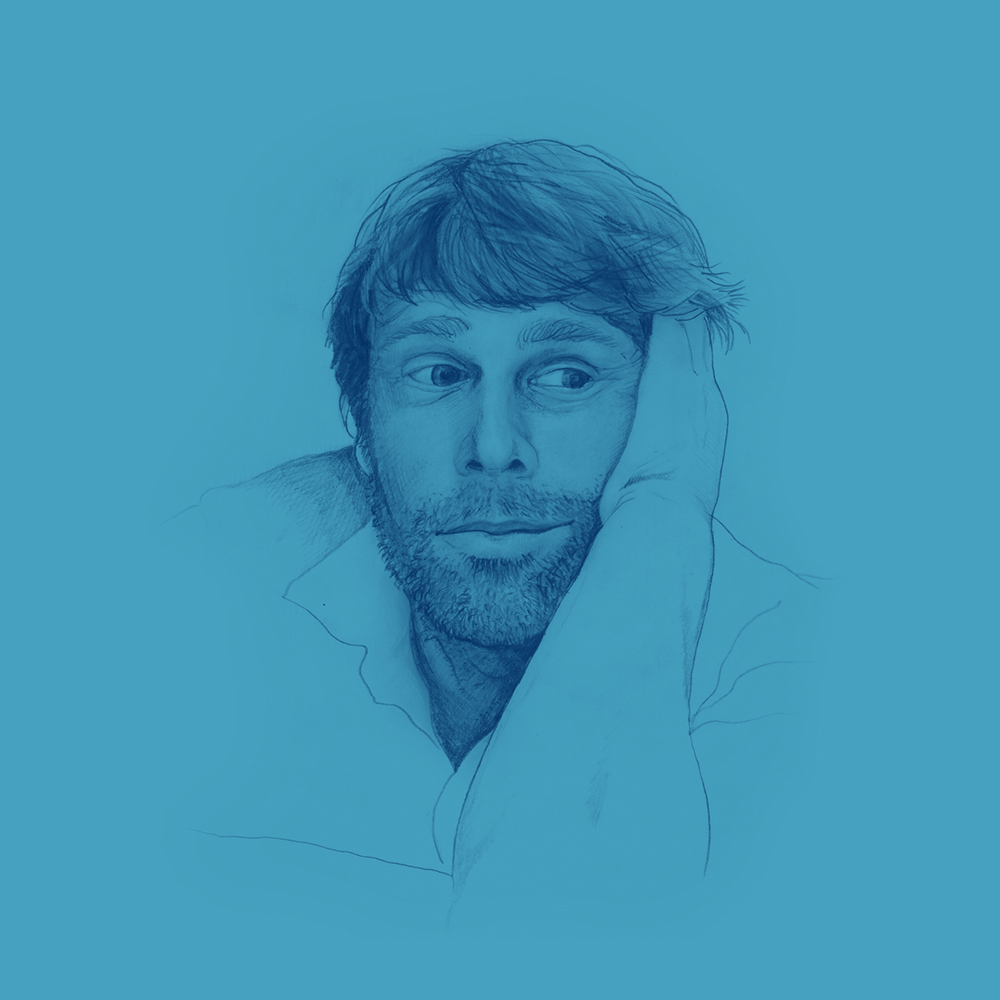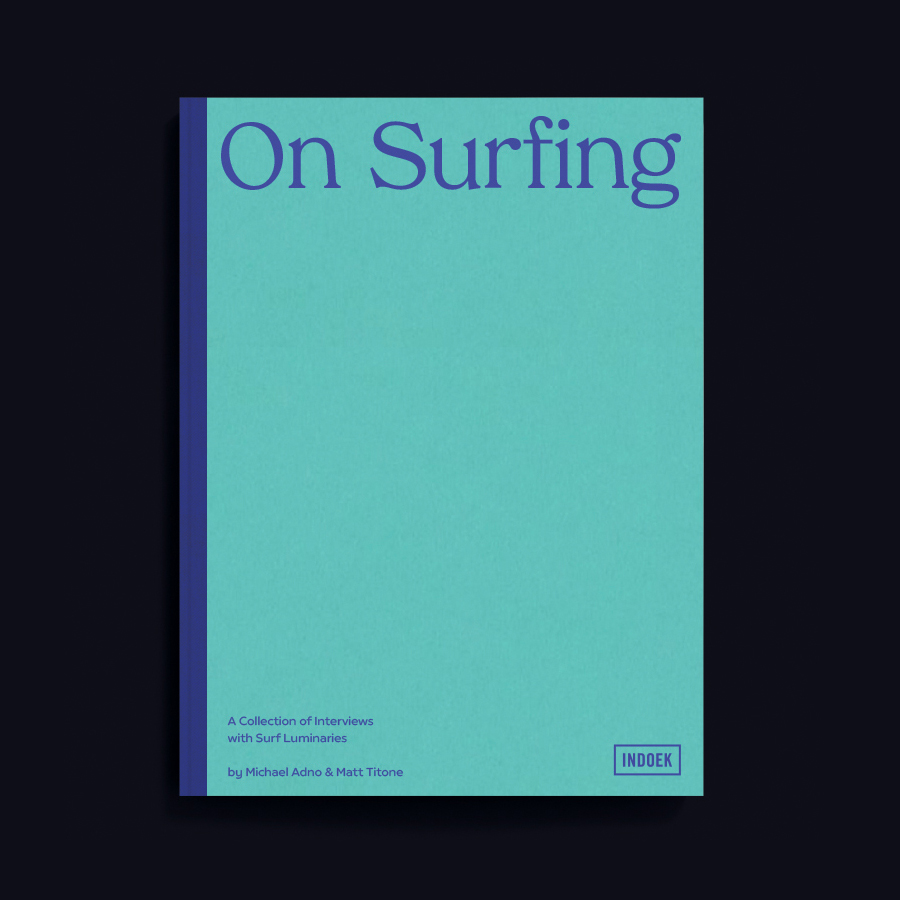Can you describe one of the most challenging aspects of surfing to you?
Keeping my ego out of it and just enjoying the ocean — it’s not so much challenging as essential. Which leads me to the most challenging thing, which is consistency. I surfed hard through my teens and twenties. Then I decided that there was a lot more of life to experience if only I could just unshackle myself from my first love (surfing). These days I can very easily pull away, for weeks at a time in fact, but when I get back in my fitness is lacking, my timing is off, my cutback has acquired new kinks. Accepting that is, in many ways, the thing that surfing continues to teach me.
What is one of the most redemptive or rewarding parts of surfing?
Depressed, angry, broken-hearted, tormented by the world not being the way I’d hoped it would be—I’ve been in the thick of all of these things, paddled out for a wave, felt myself soften, hooted at a friend as he rides past, imagined us as giddy sea creatures at play in the brine, come in and pretty much giggled my way to a post-surf shower. dried off, dressed, and felt myself profoundly renewed. And then brought that levity/bounce into whatever terrestrial pursuit, and had it serve me well. “I don’t like writing I like having written.” I don’t like surfing I like having surfed. The afterglow is the most rewarding and redemptive part of surfing.
What has surfing afforded you in your life?
It got me through my confused teens. It got me through the death of my wife. It gave me identity, self-esteem, a place to escape, a stage. It got me around the world—for several years as a touring pro surfer, and still, to this day, as a surf traveler. It sparked my interest in health and fitness, yoga, Eastern theology, meditation. Most of all it helped me cultivate a rich and expansive inner life—it taught me how to be alone.
How long can you go without surfing?
I can go a long time without surfing. I could maybe even stop surfing altogether. It’s a bit like psychedelics: surfing opens something up, you see the world through the surfer’s lens, that’s always with you. Of course I’d prefer to keep surfing to the very end. But I made a vow about 17 years ago to not let surfing limit my life. I took inventory on all my travels and realized I traveled lots, but I hugged coastlines. Surf culture can be narrow and homogenized. It’s good to step away for long bouts. When I first moved to New York in 2000 I experienced a rush similar to surfing in just walking the city streets, I found myself riding waves of energy emanating from all the people.
How and when did you fall in love with surfing?
Late ’70s, trip to Hawaii with my family. We stayed at Waikiki, my brothers and I rented Morey Doyles (now called Softtops), paddled out at Queens, caught waves, streaked along the turquoise water, majesty of Diamond Head to the right, flamingo pink of the Royal Hawaiian to the left, water tickling knees, reef swishing past. It was the funnest thing I’d ever done. That night, and those nights, my rides would play back in my head while laying in bed. It was so visceral my knees, hips, and shoulders moved with the imagined wave. I was haunted.
What’s one of your pre/post-surf rituals you hold dear?
I used to spin my knees and hips at the shoreline to loosen up. I still stretch before paddling out, though sometimes it’s just a couple of quick twists. I do like pissing in my wetsuit when it’s really cold.


